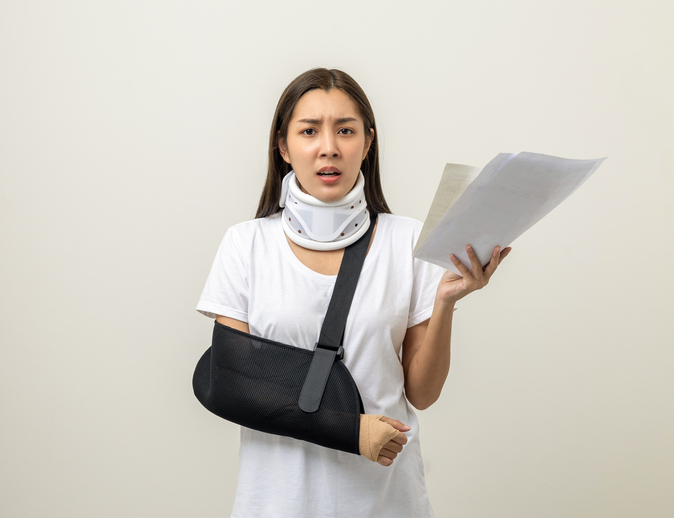Public universities in several states say violence has not increased on college campuses where concealed carry of firearms is allowed.
The College Fix, a news website, contacted “multiple public universities in states where campus carry is legal,” and none of those responding reported any increase in gun violence since adopting policies allowing campus carry, the site reported on December 6. Seven states currently have laws that require public colleges to allow concealed carry, according to Armed Campuses, a pro-gun control website: Arkansas, Colorado, Georgia, Idaho, Kansas, Texas, and Utah.
Ten states, including California and New York, prohibit carrying of guns on campus by law. Eighteen states allow universities to decide their own policies on guns. The other states allow guns on campus with certain restrictions, such as requiring firearms be kept in locked cars.
Contrary to predictions by anti-gun activists, legalizing concealed carry on campus does not increase rates of violence at America’s universities, says Antonia Okafor, founder of Empowered, a group that advocates arming women, and a spokeswoman for Gun Owners of America.
“They’ve tried to make it seem that if guns were on campus, people would become more violent, but if anything, it’s a positive influence,” Okafor said.
‘People Are Vulnerable’
Whether on or off campus, criminals are much less likely to attack in a place where they know other people might have guns and are able to defend themselves, Okafor says.
“Criminals go to places where people are defenseless, where people are vulnerable,” Okafor said. “And when there’s concealed carry, they won’t know who has firearms, so they’re less likely to go there.”
Higher education institutions are a major force against Second Amendment rights, says Okafor.
“People in higher education on college campuses control the narrative,” Okafor said. “They tend to be anti-gun, and they have connections at the state level.”
Education officials and lobbyists opposed a change in state law to allow campus carry in Georgia, “the last big state to implement campus carry,” Okafor said.
Dispute Over Rights
Some proponents of the right to self-defense say the Second Amendment to the U.S. Constitution protects the right to carry firearms without a permit, regardless of whether the firearm is concealed or openly carried.
“In America, we believe that our rights shall not be infringed,” Okafor said. “There are reasons why it’s called ‘constitutional carry.'”
Laws in states that allow campus carry vary. In Texas, for example, campus carry at government-owned colleges is restricted to individuals who hold a permit to carry a concealed handgun, which is issued only to those age 21 or over. The age restriction limits concealed carry to roughly 20 percent of the college-age population, says James Ashby, a shooting range safety officer and concealed carry permit holder in Texas.
“Even if campus carry is allowed, most students don’t qualify,” Ashby said.
Permit-less carry, a term he prefers over “constitutional carry,” recognizes the natural right to self-defense, says Ashby,
“The Second Amendment doesn’t give you a right to carry a firearm, it just enumerates a God-given right,” Ashby said.
‘Way to Defend Myself’
Okafor says one reason she became a gun rights activist was to protect her right to bear arms as a means of self-defense. Sexual assault is a problem on campus, says Okafor, and women should be allowed the tools to defend themselves in dangerous situations.
“I, as a woman, want a way to defend myself and not have to rely on campus security or campus police,” Okafor said. “I wanted to empower other women.”
The right to bear arms is good for women, Okafor says.
“Gun rights are women’s rights,” Okafor said. “The idea that being anti-gun is somehow the feminist perspective is false. History shows that women who were independent in the West tended to be pro-gun. It was a way for them to be independent.”
Okafor and others are lobbying to legalize concealed campus carry in Florida. Florida state Rep. Anthony Sabatini (R-Clermont) introduced H.B. 6001, which “Removes provision prohibiting concealed carry licensees from openly carrying handgun or carrying concealed weapon or firearm into college or university facility.”
Sabatini’s bill was referred to the Criminal Justice Subcommittee of the Florida House Judiciary Committee in September.
Nolan Ryan ([email protected]) writes from Hillsdale, Michigan.
Official Connection
Florida state Rep. Anthony Sabatini (R-Clermont): https://www.myfloridahouse.gov/Sections/Representatives/contactmember.aspx?MemberId=4725&SessionId=89
Internet Info
Rep. Anthony Sabatini, HB 6001, “Licenses to Carry Concealed Weapons or Firearms,” Florida House of Representatives: https://www.myfloridahouse.gov/Sections/Bills/billsdetail.aspx?BillId=66431



